Ilyass Abouelaziz, teacher-researcher from CESI LINEACT at the Keynote Speech conference in Thailand
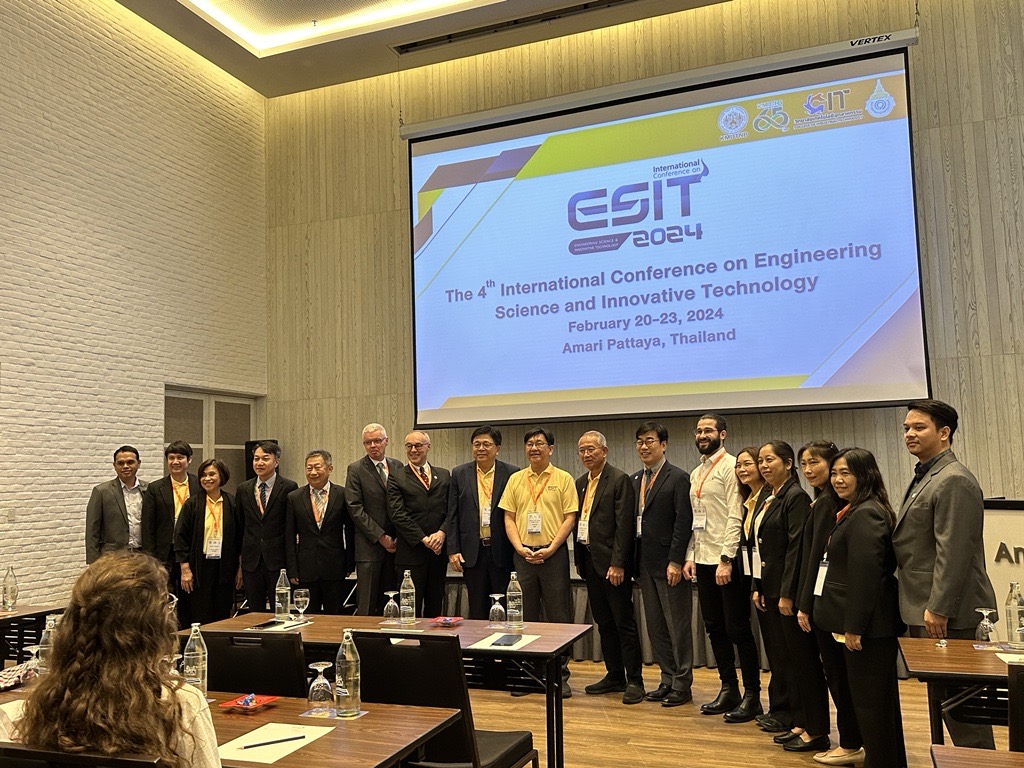
In this page :
- The purpose of the mission in Thailand
- Promoting training programs abroad
- Intervention at the Keynote Speech
- An important and current topic
Ilyass Abouelaziz is a teacher-researcher at CESI who did a mission abroad, more specifically in Thailand. As part of this mission, he participated in a conference while presenting our engineering school to students, PhD students and teacher-researchers.
What was the purpose of your mission in Thailand?
My main mission was to participate in the Keynote Speech conference. During this event, I presented the research work I had done. I was in front of a large audience, including PhD students. The research work I presented was on Artificial Intelligence and photogrammetry (3D scanning) of smart buildings for energy forecasting. I also had the opportunity to visit the Campus France head office in Bangkok, as well as Kasetsart University to present the school and give more information about CESI to Thai students.
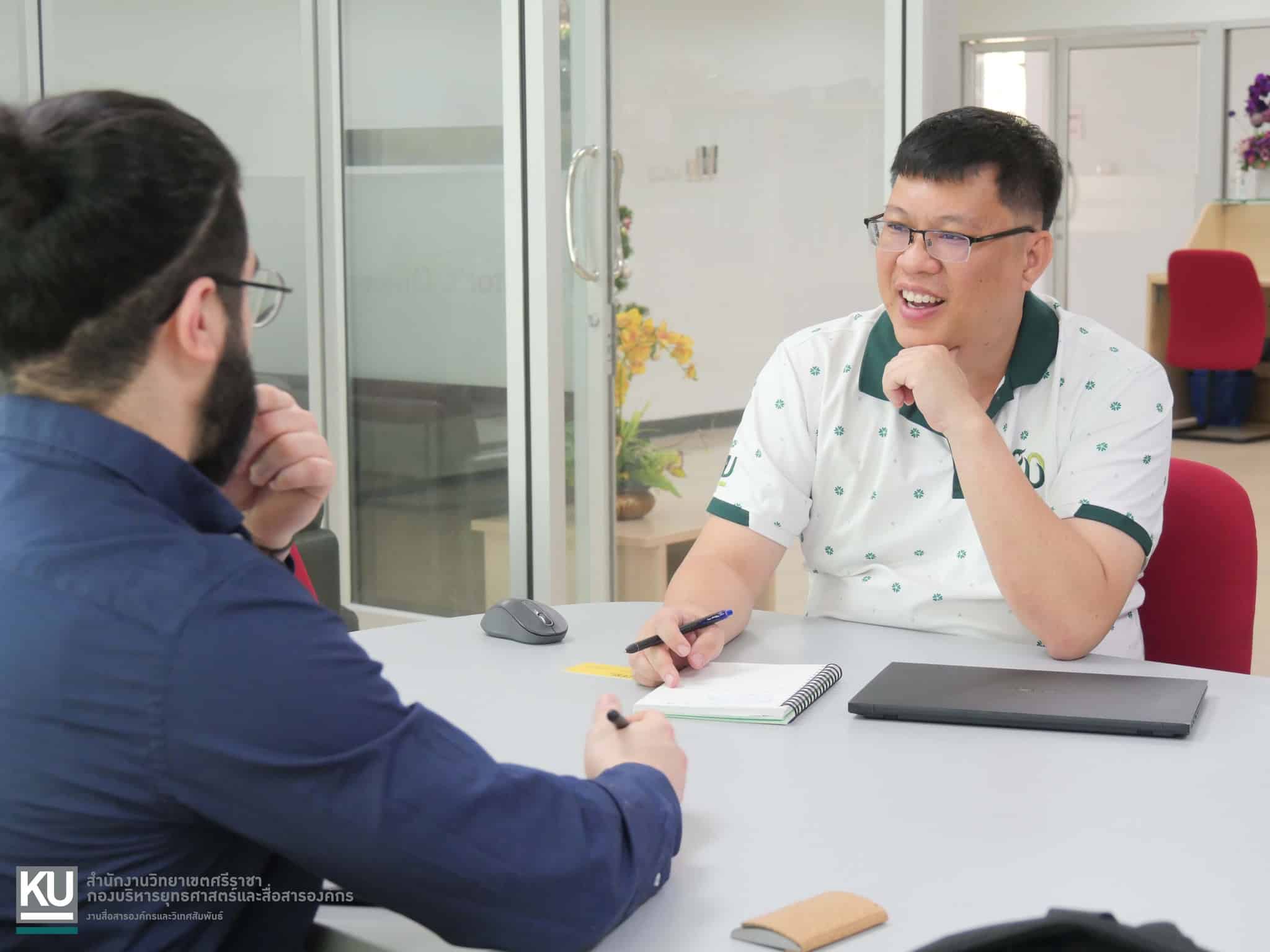
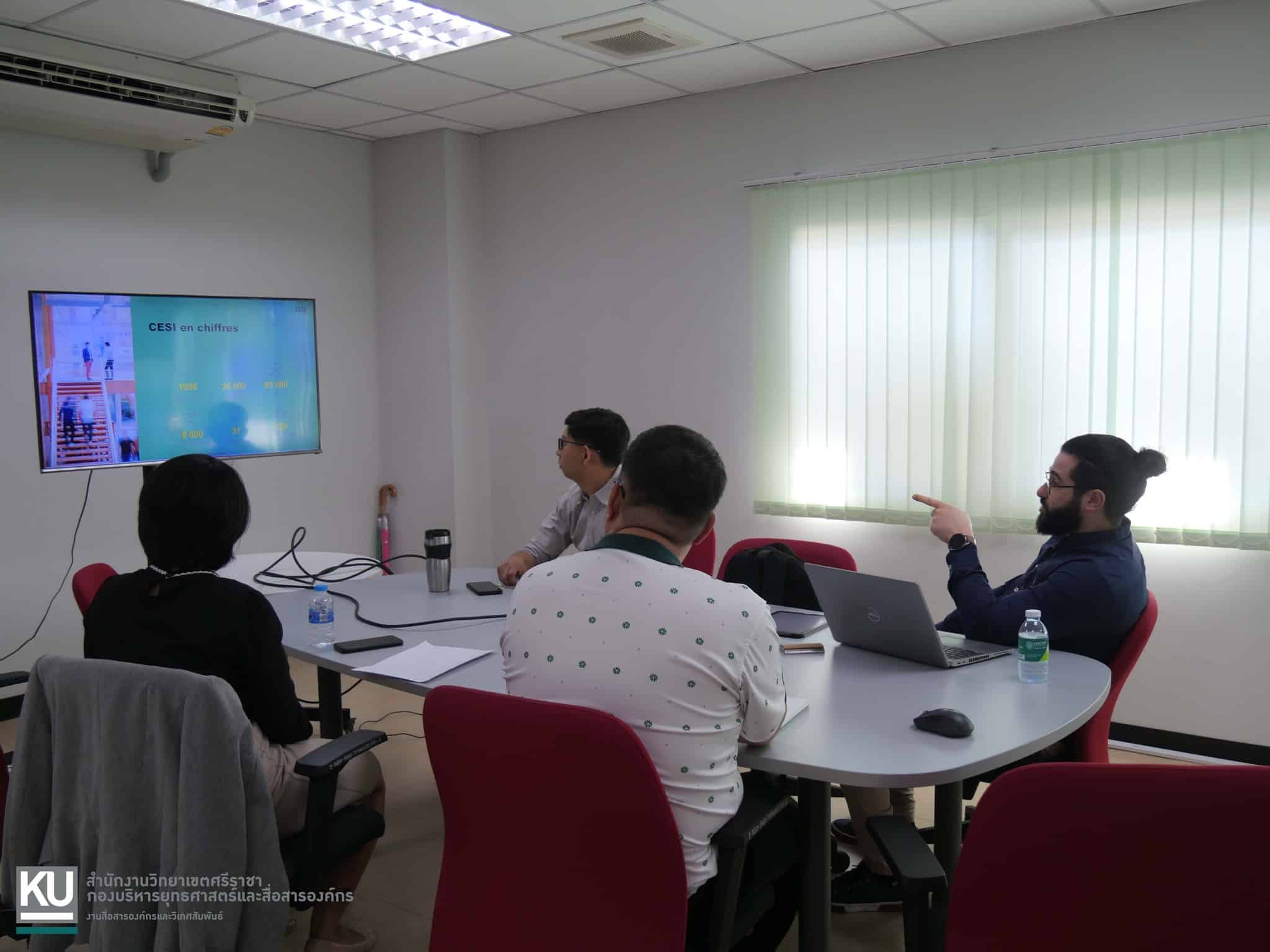
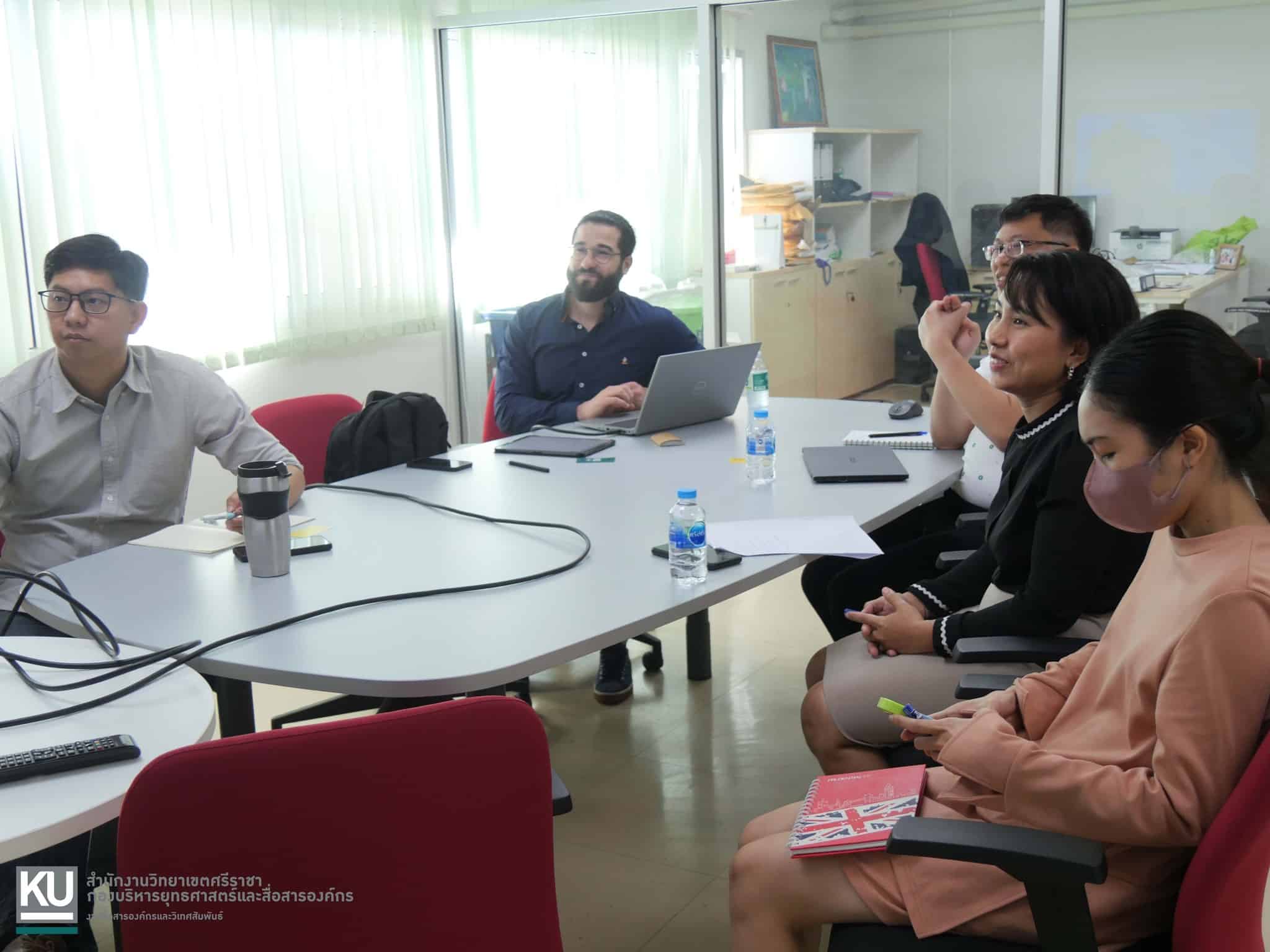
In your opinion, why is it important to promote training programs abroad, especially those offered by CESI?
At CESI, we have a collaboration with KMUTNB University in Thailand. So we want to promote this partnership and present our training programs to Thai students. This trip was a success because we’ll soon receive students from the University. In total, eight students will be coming to our engineering school: two in Dijon and Nancy, and four in Strasbourg.
It’s important to promote the school’s reputation worldwide, in order to welcome new students and strengthen our partnerships with universities. It’s also very important for research, because we receive researchers from other countries every year. All these elements help to give CESI momentum on a national and international scale.
My visit to Kasetart University produced a very positive outcome. A research collaboration between CESI LINEACT and Kasetart University will be created, as well as a pedagogical collaboration. This is interesting because we’ll subsequently need Thai trainees, PhD students and teacher-researchers to create research partnerships at CESI. In February 2024, we began holding meetings to organize international exchanges programs with researchers.
Can you tell us, in very simple terms, what the topic you discussed during the Keynote Speech is about?
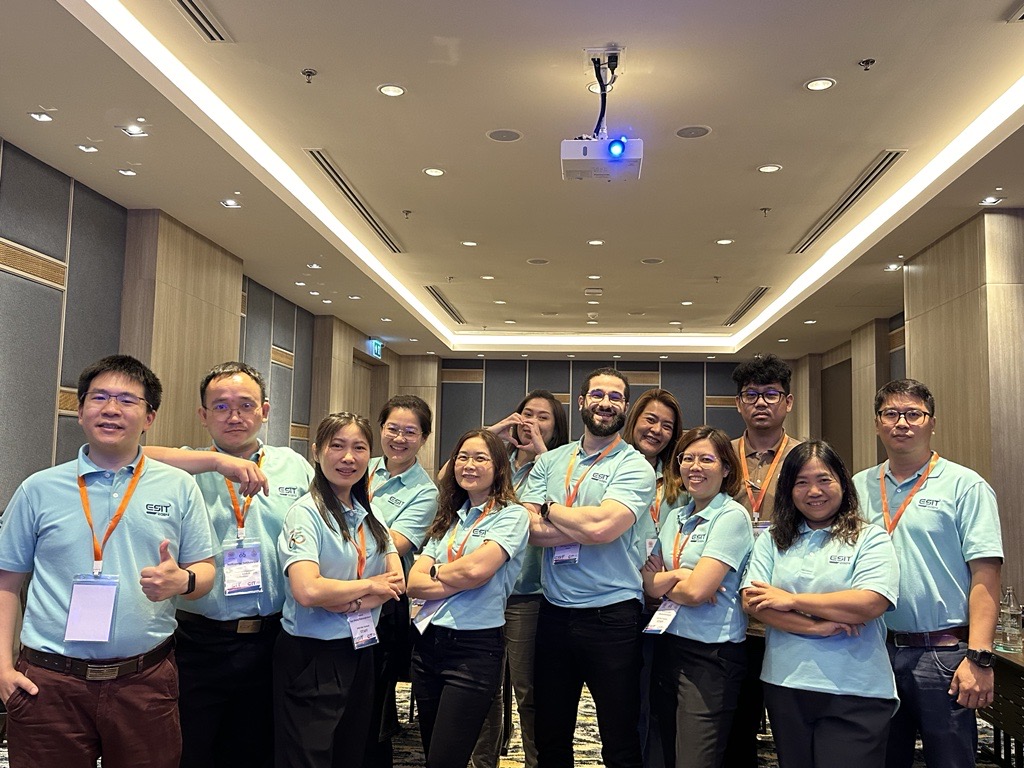
The conference’s research theme was on Artificial Intelligence and ecology in general. In my research projects, I’m mainly interested in smart buildings, especially in decarbonization. I’m looking for solutions to reduce the carbon effect in buildings by incorporating techniques such as Artificial Intelligence and photogrammetry (3D scanning) to achieve this goal.
We scan buildings with laser scanners or drones. As soon as the digital mock-up of the building is completed, we have the weather data. This data allows us to apply Artificial Intelligence to reduce the energy production of the building.
Why is this an important and current topic?
This is a current topic because improving energy production is one of today’s technological challenges. It’s interesting to incorporate Artificial Intelligence to reduce the carbon effect in smart buildings. AI offers remarkable opportunities to solve complex problems, automate tedious tasks and significantly improve our quality of life.
By incorporating AI systems, smart buildings can monitor and adjust their energy consumption in real time, thus optimizing their operation to minimize carbon emissions.
Thanks to sophisticated algorithms, buildings can anticipate energy needs and make informed decisions, whether by adjusting heating and cooling, managing lighting or optimizing the use of electrical appliances